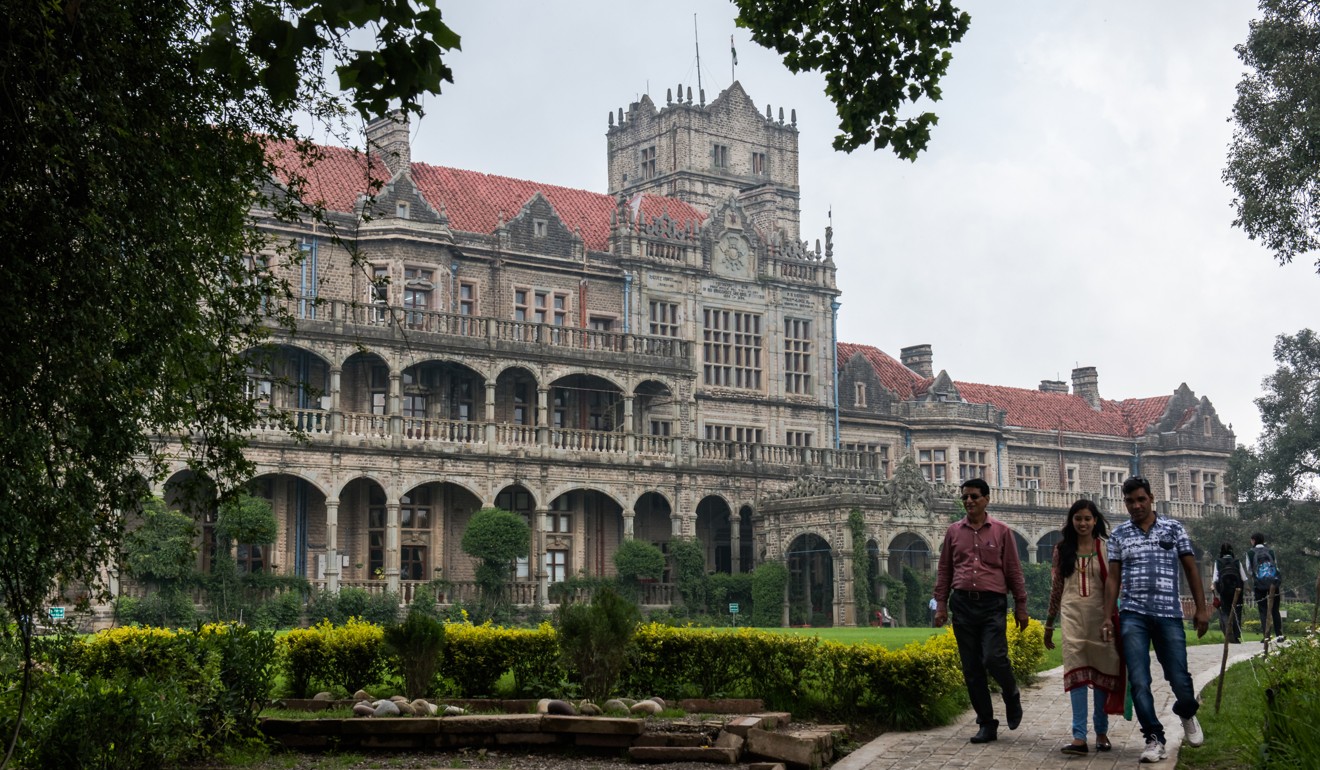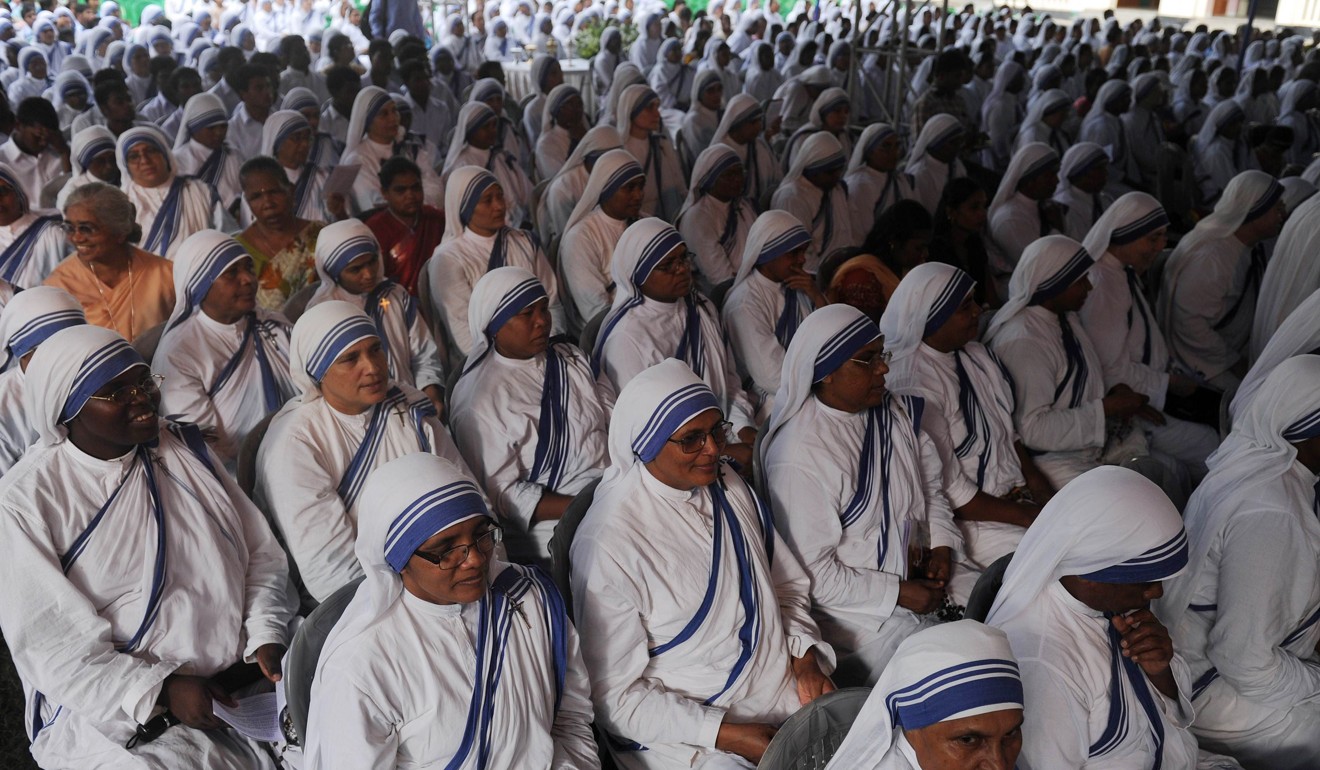
On the face of it, the launch by the McDonald Centre for Theology, Ethics and Public Life at Oxford University of a five-year interdisciplinary project on Ethics and Empire, led by the theology Professor Nigel Biggar and the historian Professor John Darwin, is hardly unreasonable.
The project seeks to “gather colleagues from Classics, Oriental Studies, History, Political Thought, and Theology in a series of workshops to measure apologias and critiques of empire against historical data from antiquity to modernity across the globe”.
None of us who consider ourselves critics of empire would argue that our criticisms cannot be questioned, even if the very idea of empire – which, by definition and experience, involved the subjugation of coloured peoples by foreign powers acting in their own self-interest – is so reprehensible to most of us that arguing for it seems analogous to making a case for slavery.
 The Viceregal Lodge is a remnant of the British Empire in Calcutta, which began as an East India Company trade post. Photo: AFP
The Viceregal Lodge is a remnant of the British Empire in Calcutta, which began as an East India Company trade post. Photo: AFP
In announcing the project, the centre argued that “as an historical phenomenon as distinct from an ideological construct, ‘empire’ has meant all manner of ethical thing [sic].” As examples, it listed the claims that the British Empire “suppressed the Atlantic and African slave-trades after 1833, granted black Africans the vote in Cape Colony seventeen years before the United States granted it to African Americans, and offered the only centre of armed resistance to European fascism between May 1940 and June 1941”.
Hong Kong, like India, needs to remember the truth about British colonialism
Beyond the project, Biggar intends to use its results, the centre says, “to develop a nuanced and historically intelligent Christian ethic of empire; and so to enable a morally sophisticated negotiation of contemporary issues such as military intervention for humanitarian purposes in culturally foreign states, the cohesion of multicultural societies, and settling imperial pasts”.
 Professor Nigel Biggar. Photo: twitter
Professor Nigel Biggar. Photo: twitter
This begins to get more troubling. The idea that empire could be justified by a “Christian ethic” seems reminiscent of the barbarous “civilising missions” with which, in centuries past, colonisers justified the oppression and torture of “heathens” and “infidels”. And the project now seemed interested in justifying Western “humanitarian interventions” in other countries, and “settling”(what a curious word) “imperial pasts”.
Biggar’s defence of an article by the apologist for colonialism, Bruce Gilley, had already raised eyebrows; the announcement of his project led 58 Oxford scholars to dissociate themselves from his approach as “too polemical and simplistic to be taken seriously”.
The intended applications of the project aroused the scholars’ concern. Gilley’s call for “recolonisation” of former colonies, they wrote, was intended “to fortify support for overseas military interventions today. Such prescriptions,” the objecting scholars observed, “not only rest on very bad history, they are breathtakingly politically naive”.
As to the project’s attempt to “balance” imperial atrocities with “good deeds”, the scholars are devastating: “Aimé Césaire’s morally powerful Discours sur le colonialisme dispatched such absurd “balance-sheet” arguments as long ago as 1950. It’s disappointing, to say the least, that they should be resurrected for a history of ethics in 2017.”
The morally troubling aspects of Biggar’s views are already apparent in his defence of Gilley. “If we believe what strident anti-colonialists tell us – namely, that our imperial past was one long, unbroken litany of oppression, exploitation and self-deception – then our guilt will make us vulnerable to wilful manipulation, and it will confirm us in the belief that the best way we can serve the world is by leaving it well alone. If on the other hand we recognise that the history of the British Empire was morally mixed, … then pride can temper shame.”
This was, in other words, an argument for justifying 21st century meddling in other countries by justifying earlier imperial conquests as ethically justifiable. Biggar ended by calling “for us British to moderate our post-imperial guilt”. The invocation of Christian ethics is particularly troubling for the student of British rule in India, which was never a particularly Christian enterprise and did not pretend to ethicality of any sort. Christian preachers were indeed among the foremost critics of the imperial enterprise in India, on ethical grounds. William Howitt – speaking in 1839, while the East India Company was nearing the peak of its power – lamented that, “The scene of exaction, rapacity, and plunder which India became in our hands, and that upon the whole body of the population, forms one of the most disgraceful portions of human history … There was but one object in going thither, and one interest when there. It was a soil made sacred, or rather, doomed, to the exclusive plunder of a privileged number. The highest officers in the government had the strongest motives to corruption, and therefore could by no possibility attempt to check the same corruption in those below them.”
 Catholic nuns in Calcutta. Photo: AFP
Catholic nuns in Calcutta. Photo: AFP
If corruption voided any pretence of ethicality, so did conquest itself. As a reputed preacher, Howitt wrote indignantly: “The mode by which the East India Company has possessed itself of Hindostan [is] the most revolting and unchristian that can possibly be conceived.”
While the experience of empire in Hong Kong or Singapore may be different, India shows starkly the limitations of the Oxford project. British rule deindustrialised India; created landlessness and poverty; drained the country’s resources to Britain; exploited, exiled and oppressed millions; sowed seeds of division and intercommunal hatred that led to the horrors of Partition; and was directly responsible for the deaths of 35 million people in unnecessary famines caused and perpetuated by British policy (as late as the Great Bengal Famine of 1943-44), as well as thousands in massacres and killings (notably the Delhi massacre of 1857-58 and the Amritsar massacre of 1919). There’s really no “ethical” justification for all this that would even begin to be adequate, or credible.
Since the British were not motivated by either the crusading Christianity of the Spanish or the cultural zeal of the French, but merely by pecuniary greed, they were not unduly anxious to transform Indian society or shape it in their image. Howitt deplored “how little human life and human welfare, even to this day, weigh in the scale against dominion and avarice. We hear nothing of the horrors and violence we have perpetrated, from the first invasion of Bengal, to those of Nepaul and Burmah; we have only eulogies on the empire achieved: ‘See what a splendid empire we have won!’”
It is ironic that, 180 years after Howitt’s words, an Oxford professor seeks to embark on the same sort of enterprise, overlooking the horrors and the violence to celebrate the splendour of the empire his ancestors ran. Imperialism rested on the humiliation and subjugation of one’s fellow human beings: could anything be less ethical, more “unchristian”, than that?
Source: http://www.scmp.com/week-asia/opinion/article/2127641/singapore-and-hong-kong-may-be-different-there
